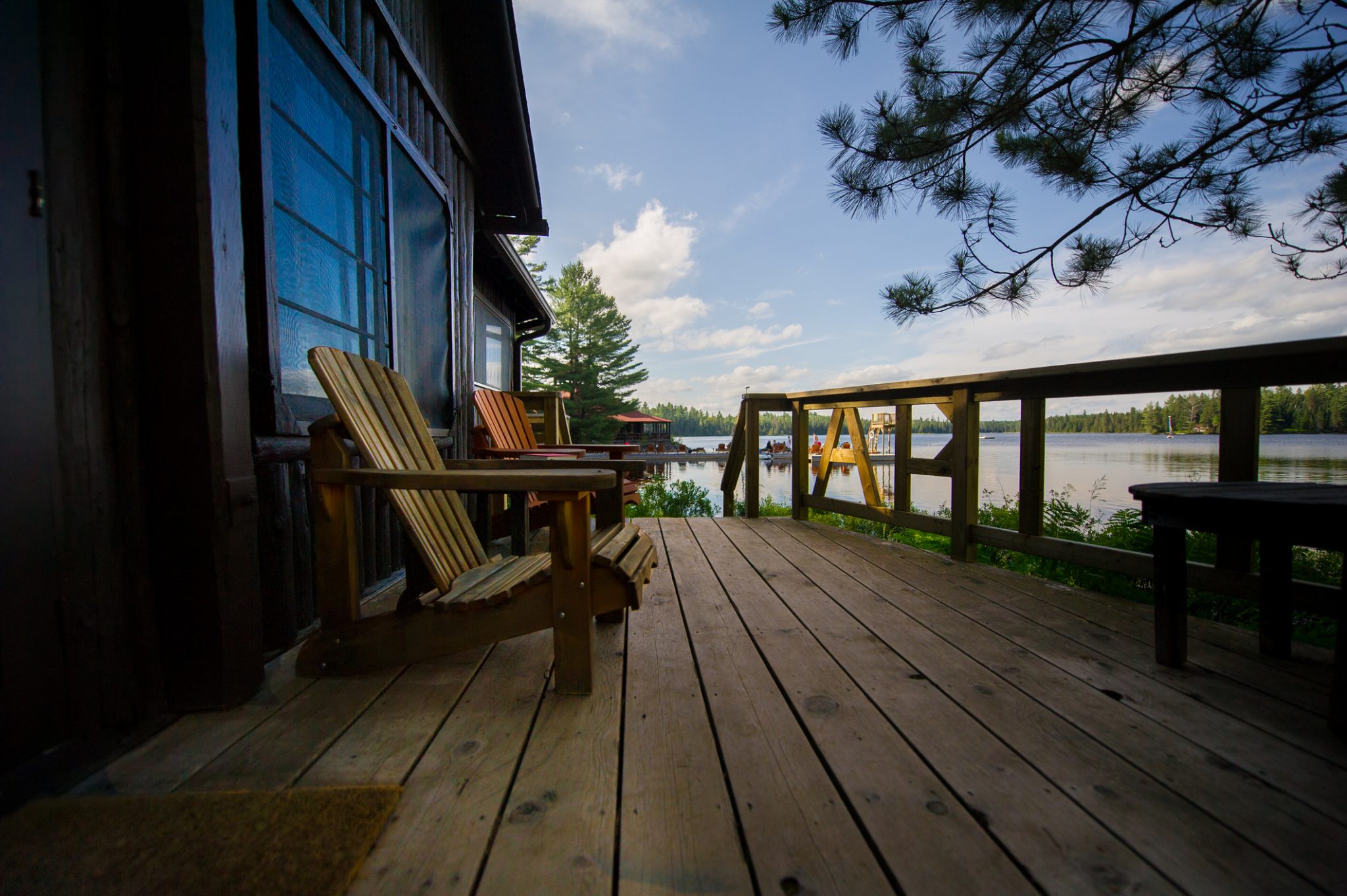Few issues in estate planning cause a greater gnashing of teeth than trying to deal with the family cottage: cottages can carry with them the best of memories, the strongest of emotional attachments, and the potential for the biggest battles, when it comes to succession planning. Clients often don’t like dealing with their cottages specifically, usually because they cannot see shared ownership as working, and they don’t want to have to ‘make a choice’ amongst the children as to who is going to get the cottage. Not dealing with the cottage, however, is a much worse choice than dealing with it specifically. Parents have the legal and moral authority to determine how the cottage is to be dealt with amongst the children, and by doing so, can save the children from conflict later on.
The problem becomes more of an issue if ‘the family cottage’ is the family cottage from the family of one of the spouses only, who owns the cottage alone with other family members, and not with their spouse.
The following is a sample of the issues to be kept in mind when dealing with cottages:
Capital Gains Tax
Where the cottage has not been the principal residence for the title-holder, there is capital gains tax applicable where the property does not pass to the surviving spouse. This is a problem both where the property is owned by a surviving spouse who dies, and where the property is passing from a spouse directly to children or siblings. The issue of how the tax is to be paid, and who should pay it, should be taken into account when doing an estate plan – and should be in the will, along with the instructions as to who is to inherit the cottage.
If Only One Child is to Inherit
Where you choose to leave the cottage to only one child, it is important to consider how to correct the imbalance amongst the children, all of whom you presumably wish to inherit equally. It is often said that inheriting property is not as advantageous as inheriting money – some thought can be given to discounting the value of the cottage for the purposes of including that value in calculating the distribution to the child getting the cottage.
If Multiple Children Inherit
It is possible to dictate an agreement that the children must sign in order to inherit a share, that deals with cottage ownership issues: use of the cottage, sharing of expenses, sale of an interest, inheriting of an interest, etc.
These are just a few of the issues that we explore when working with clients to develop an estate plan involving a cottage. It is important to specifically discuss the cottage with your lawyer when discussing an estate plan – good planning now has the potential of saving conflict amongst your family down the road.
This blog post was written by Ted Mann, a Partner in the Wills and Estates, Real Estate, Business and Bankruptcy teams. He can be reached at 613-369-0368 or at ted.mann@mannlawyers.com.








